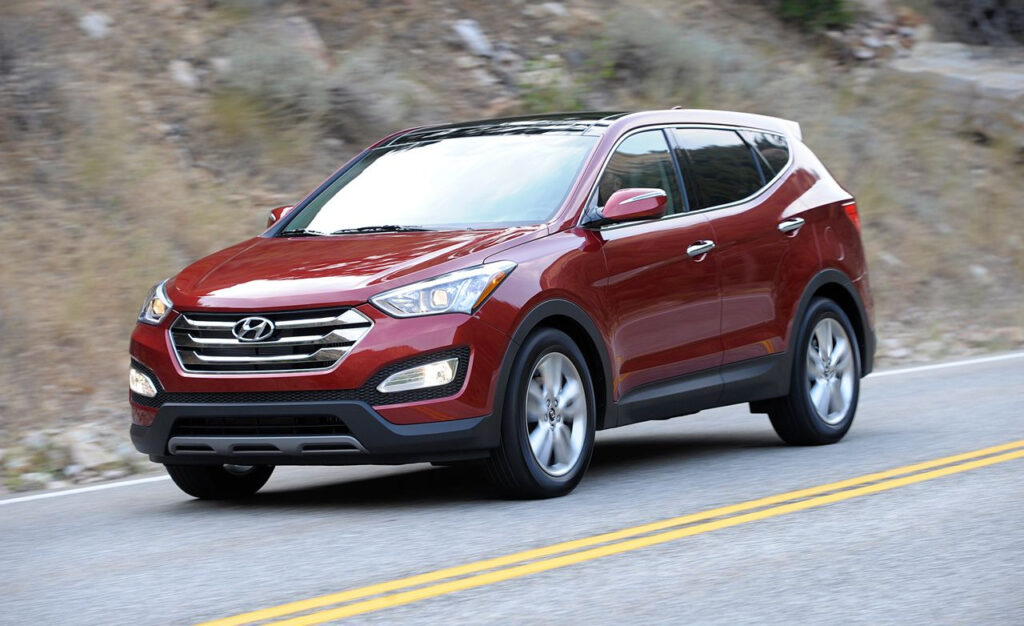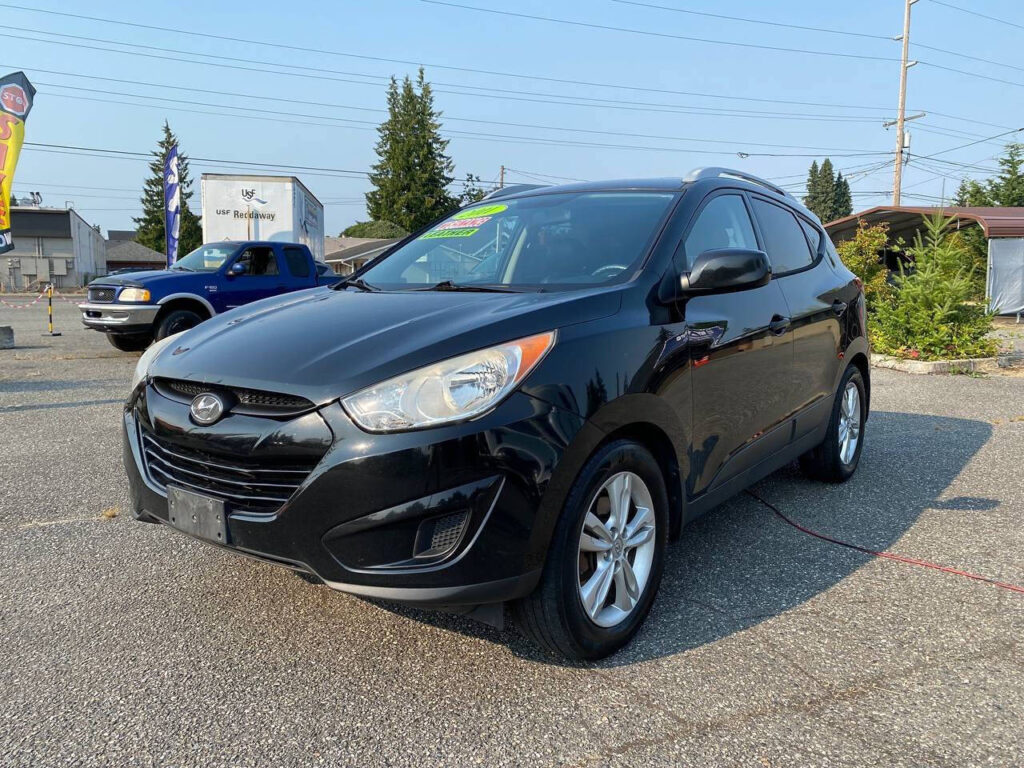Hyundai Sonatas are a great choice for drivers who want a stylish and reliable mid-size sedan. They feature upscale amenities and technology for a fair price.
Hyundai and Kia are currently recalling certain 2011-2014 Sonata models to repair faulty connecting rod bearings that can lead to engine failure and severe damage.
Brakes
The brakes are a crucial part of your vehicle. Without them, you’ll lose control and could be in a serious accident.
The brake pads on your Hyundai Sonata use friction material to slow down the wheels on your car when you step on the brake pedal. They’re bonded to a sturdy steel backing plate and are designed to withstand the intense pressure of the calipers pushing them against the inside and outside surfaces of your disc-shaped brake rotors.
You should replace your brake pads and rotors at about 70,000 miles. However, it depends on how you drive your car and a number of other factors.
If you hear a high pitched squeal when applying the brakes, it’s a sign that the brake pads are getting too thin and need to be replaced. Similarly, if the brake pads grind against your rotor when you apply the brakes, it’s an indication that they’re worn to the point where the metal back plate of the pad is grinding against your brake rotor.

Transmission
The transmission is the part of your vehicle that transfers power from your engine to your wheels. It is a vital component to your vehicle’s performance, and if it’s in need of repair it can make driving difficult or even impossible.
One of the first signs that your Hyundai transmission may need a repair is when you are having trouble shifting. This could be due to a low fluid level, or an issue with the input or output sensor.
A clogged transmission filter can also cause this problem, as can metal shavings that have collected on the filter or inside the transmission. Change the fluid and filter, but if the issue persists, you will probably need a transmission rebuild or replacement.
Another common problem with your Hyundai transmission is a rusty gear selector switch. This switch is located on top of the transmission, and it allows you to choose from Drive, Reverse or Park.

Oil Change
Oil keeps the internal parts of your engine lubricated and removes dirt, sludge, and other impurities that could cause problems with your vehicle. It also helps to improve fuel efficiency.
Changing the oil in your Hyundai Sonata is one of the most important maintenance tasks you can do for your car, and having it done by a hyundai sonata mechanic can save you time and money. The technician will make sure that the oil is changed properly and will also help to check for any signs of trouble with your engine.
The oil change is usually a part of your regular maintenance schedule, and it should be done at certain intervals to keep your engine running properly. If you do not regularly change your oil, you run the risk of your engine seizing up.
The most common interval is every six months or 6,000 miles, but that can vary depending on how much you drive and where you live. If you do a lot of highway driving, for example, you may need to change your oil more frequently.

Check Engine Light
If the check engine light illuminates on your Hyundai Sonata, it could mean a serious problem with the vehicle. You should not attempt to drive if the check engine light is illuminated, but you should take your car in to get the issue fixed.
Each 2020 Hyundai Sonata was designed with a high-technology performance monitoring system with a computer and a series of sensors strategically positioned throughout its important systems. These sensors are continually detecting conditions and sending data to the electronic control unit.
When that data is out of factory specifications, the Check Engine Light will illuminate telling you there is a problem.
This code is read by a specialized tool that is used by our auto mechanics at Coggin Deland Hyundai to determine the cause of the light’s on appearance. This tool will then give our highly qualified service professionals the necessary information to properly diagnose your Hyundai’s engine problems.

